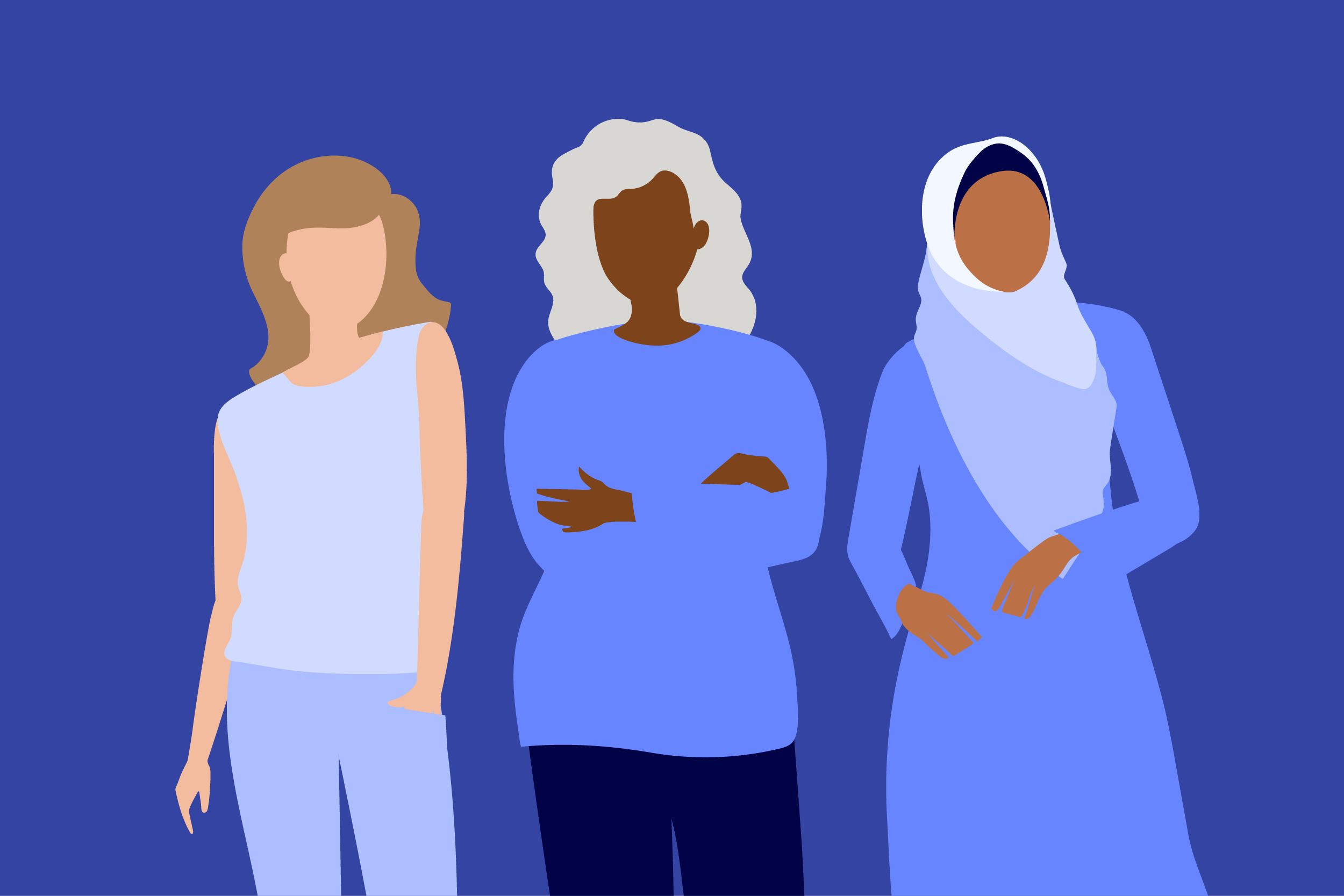You’ve probably heard the phrase “it takes a village to raise a child,” and you likely already know how important it is to have friends in your personal life and a mentor to help guide you professionally. Having at least one person in each of these roles plays a significant part in your personal and professional success. They are your cheerleaders, and when you find them, they create your personal board of advisors.
When you first entered the workforce, you might have established a relationship with a mentor that helped you navigate your early career. Now that you’re past the entry-level stage, though, you likely have a lot more to navigate, particularly if you started a family in the midst of it all. While your original mentor may still serve an essential purpose for you today, you’re probably at a point where only having one support person isn’t going to cut it. Based on the findings of three separate research studies, MIT Sloan Management Review suggests that the magic number of advisors a professional should have is six.
Suffice to say. If you haven’t done so already, it’s time to widen your support circle.
What is a Personal Board of Advisors?
A personal board of advisors is a group of individuals in your life that you trust and respect and who have proven that they genuinely want what’s best for you professionally and personally. These people understand the (sometimes impossible) balance you’re striving for between career and personal success, and they want to play a part in helping you achieve it.
There is no perfect formula for who makes up your personal board of advisors. It can be anyone from your mom to your boss to your best friend. However, if you don’t know where to start, you can use MIT Sloan Management Review’s framework as a point of reference. Here are the six types of people they say should be included in your personal board of advisors to have the best balance of psychosocial and career support:
Personal Guides
These are people who you’ve known for years and who have always been supportive of your dreams and growth, but who you no longer see or connect with regularly. It might be your best friend from high school who lives across the country and who you don’t get to catch up with nearly as often as you’d like, but when you do reconnect, the friendship is as solid and supportive as ever. It can also be someone you don’t see at all anymore, but who you can still draw inspiration from, like a loved one who passed away but left you with words of wisdom that you carry with you today or a teacher who made an impact on you.
Personal Advisors
Who is the person you rely on the most for emotional support outside of work? Whether this is one person or several, they’re essential to your board of directors. They listen when you’re feeling down, celebrate your wins with you, and offer meaningful advice and or criticism when needed.
Full-Service Mentor
This individual is your “Jack of all trades” advisor to whom you can look when you need support personally or professionally (because they can do it all). According to the MIT Sloan Management Review, these people are typically found outside your current workplace and “are characterized by strong closeness and frequent interaction.”
📖Read more: Discover what to expect from a mentor-mentee relationship that benefits both parties and creates more significant potential for the relationship to succeed.
Career Advisors
A career advisor is someone who provides you with career advice and support, who you interact with frequently for a short duration of time. An excellent example of this is your work BFF, someone who understands what you’re going through in your current situation. Still, if you or they were to leave the organization, the relationship would probably fizzle out over time. Still, even if this isn’t a life-long member of your personal board of advisors, they play an essential role in supporting you right now.
Career Guides
Like personal guides, career guides are people you don’t interact with frequently anymore but who have impacted you professionally at some point in your career. You can think back on your relationship with them or the advice they offered to you and draw inspiration. A good example of this would be a boss you had early in your career, which took you under their wing and helped you learn a thing or two about the professional world.
Role Models
It may come as a surprise, but you don’t even have to have a personal relationship with your advisors for them to serve on your board of advisors. A good role model can have two polar-opposite looks: someone who you strive to be like (personally or professionally) or someone you don’t want to be like. Maybe there is a professional woman who has mastered the art of rising in ranks while still being a happy and involved parent who you look to as a role model. On the other side, perhaps you know of a famous CEO who has questionable ethics and never sees their kids, and you know you’d rather be broke than live like that. Both of these people are role models respectfully.
Why Have a Personal Board of Advisors?
Having a personal board of advisors is important both professionally and personally. These people will be there to encourage you and offer guidance during times of personal and or professional success, setbacks, and transitions. Whether you’re working towards a promotion, considering taking a career pause, laid off, or returning to the workforce, it’s essential to have a well-rounded board of advisors to make you feel supported and keep you motivated.
Remember, some of the individuals that make up your board will change over time based on where you are in life. You’ll probably cycle through a few mentors (and you may even add your mentee to your group). You will likely create new meaningful friendships while other friends shift roles from personal guides to personal advisors. It’s normal, but if there is someone on your board which makes a significant impact in your life, you need to make it a point to maintain the relationship and give as much support to them as you take.
Looking Forward
It’s easy to slip into the “I can do this alone” mindset, especially when you’re a worn-out parent who works outside the home, but regardless of how amazing you are, trying to do it all by yourself isn’t sustainable. With a personal board of advisors, you have a complete network of people who support and inspire you to be and do your best in all areas of life. It’s much easier to thrive professionally and personally with a system like this than without one. If you put in the work to nourish the crucial relationships in your life, you will know that there’s always someone in your corner who is cheering for you.
Support throughout your working motherhood journey
Get access to career opportunities with family-friendly employers, job search and career development resources, and a thriving community of moms and allies with The Mom Project. 



